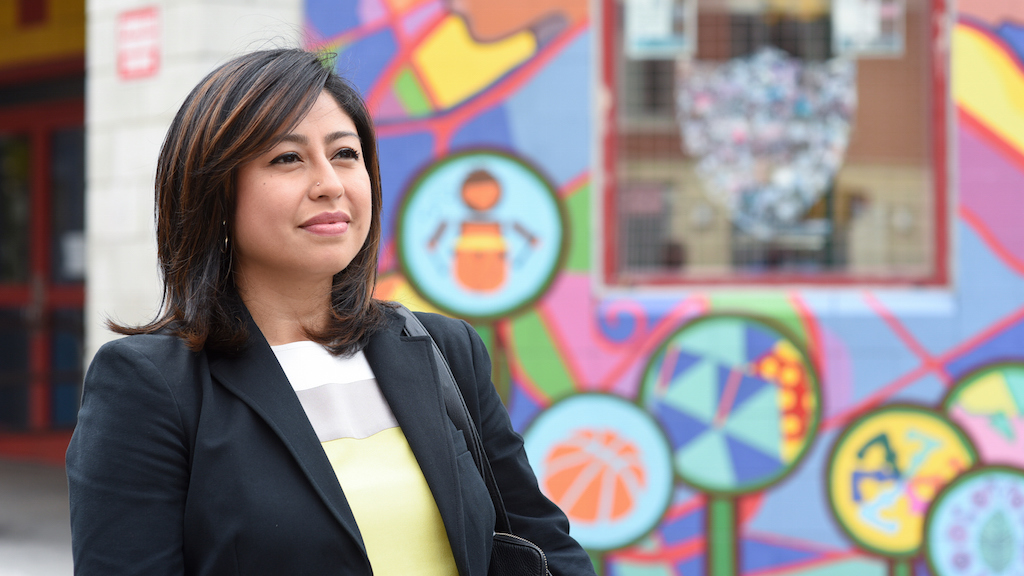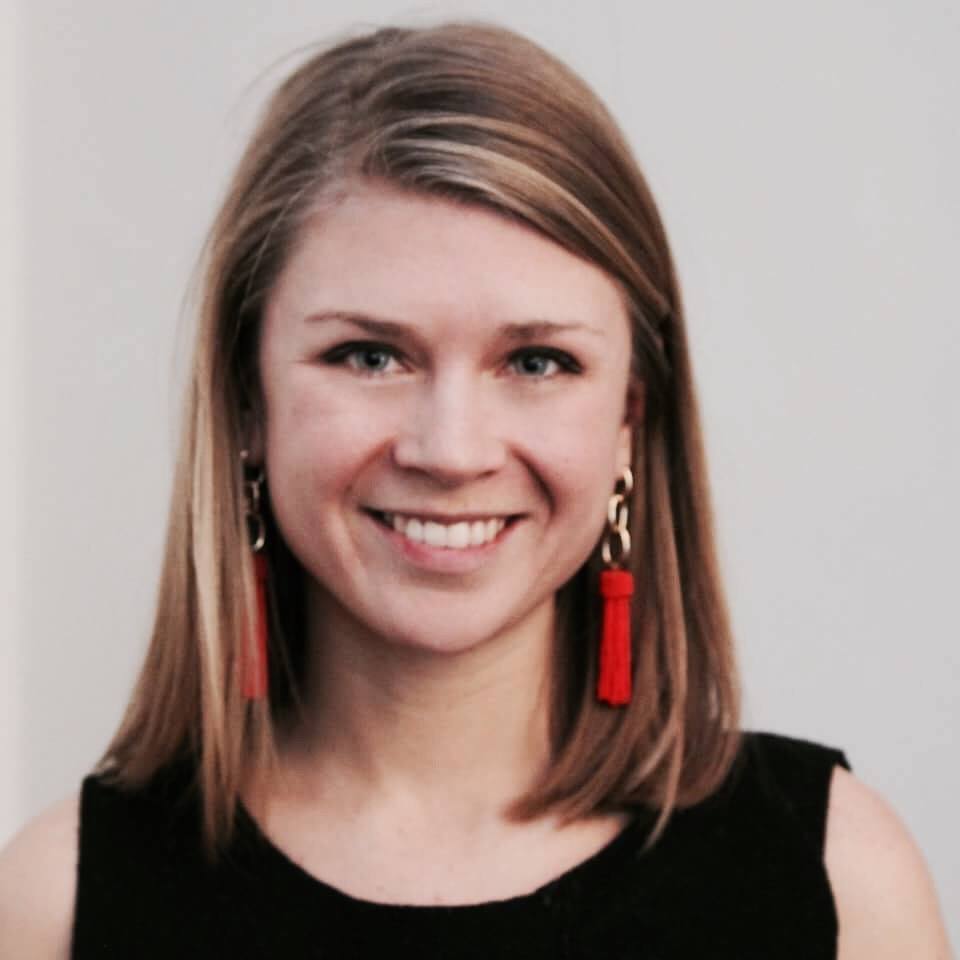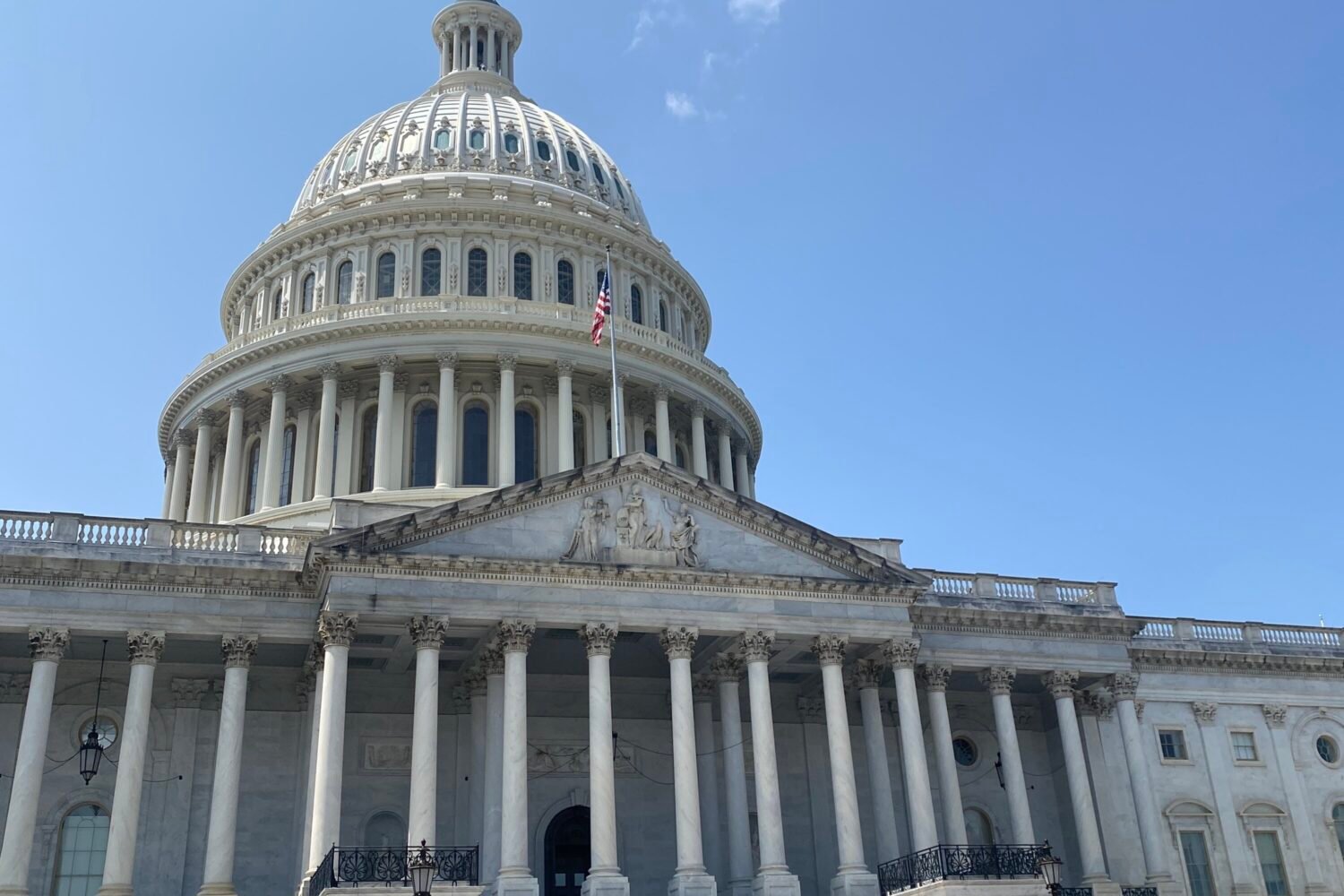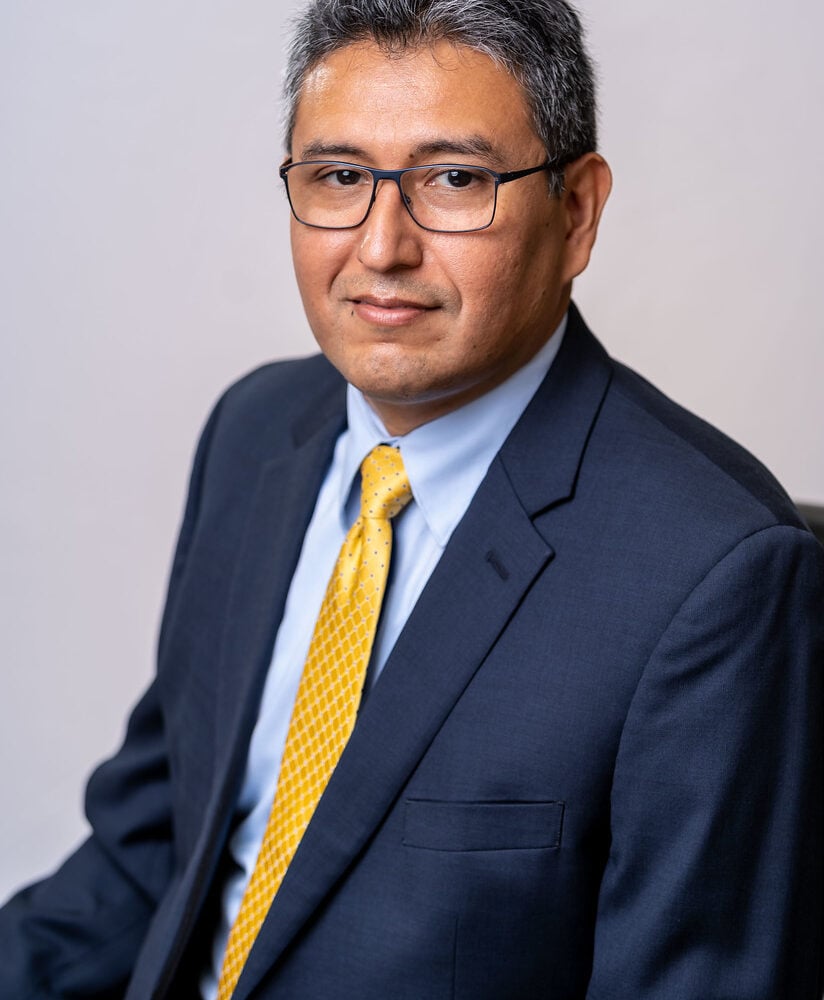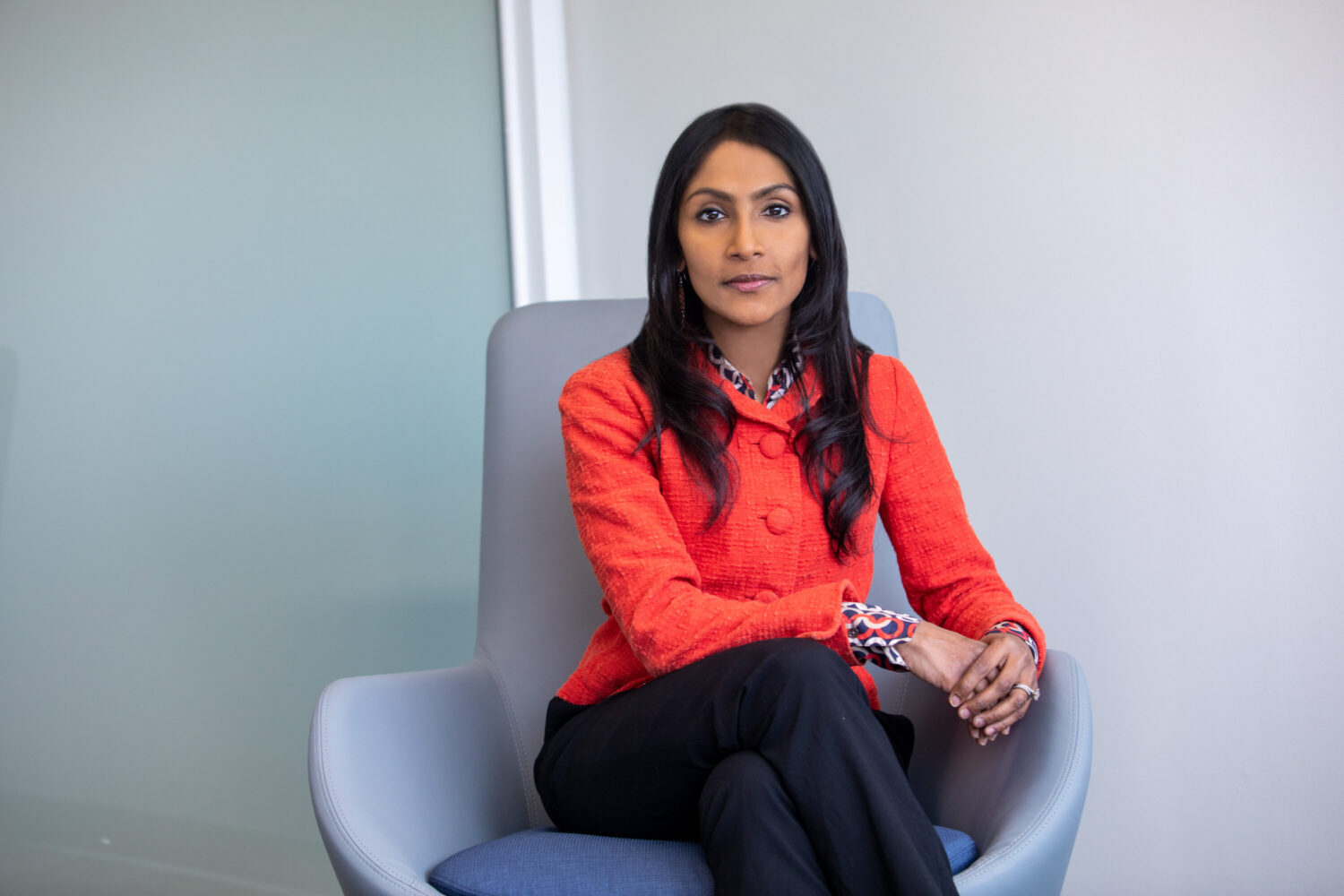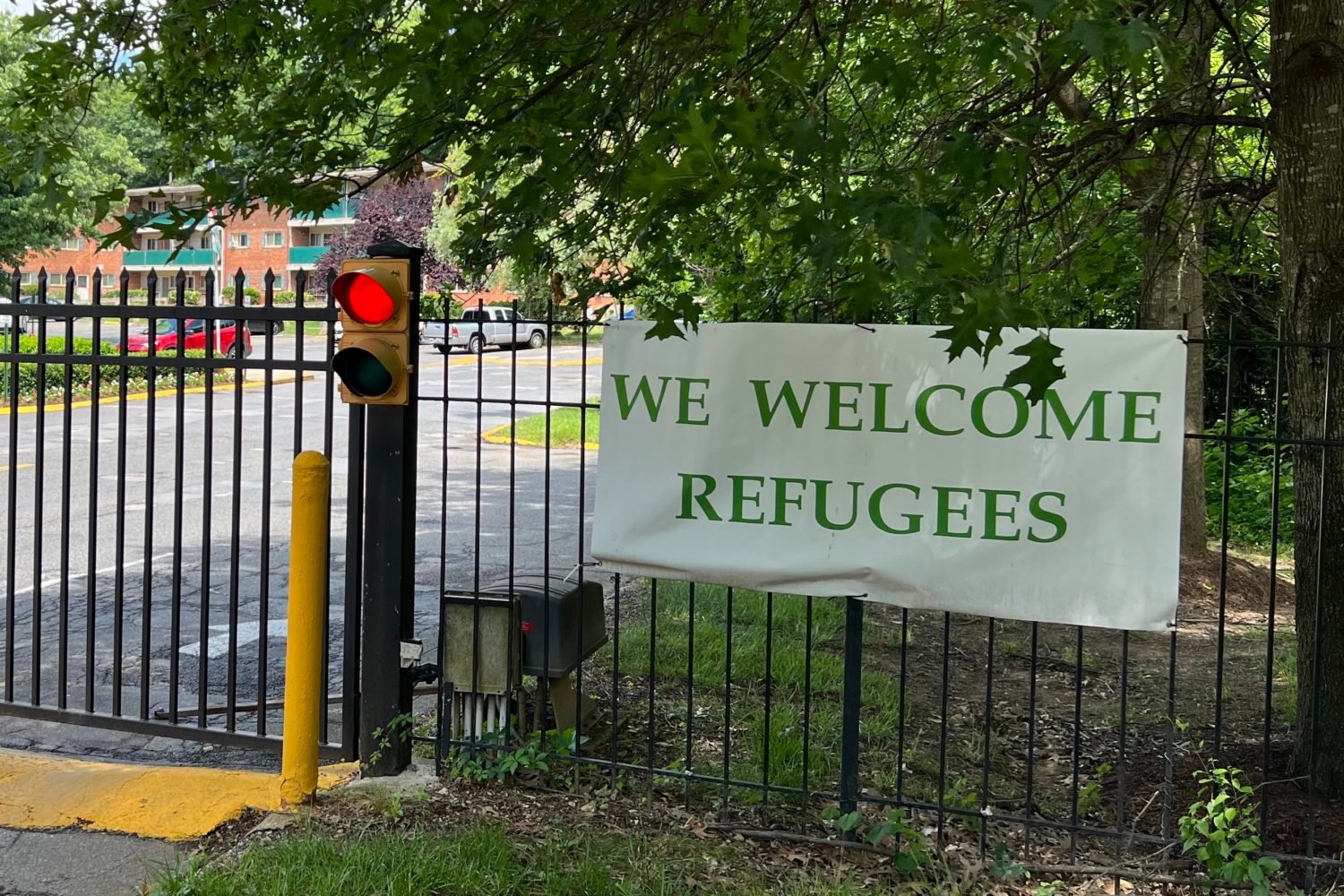Cristina Jiménez Moreta was one of the 24 people who received one of the MacArthur Foundation‘s “genius grants” Wednesday. Jiménez Moreta, 33, is the co-founder and executive director of the immigrant advocacy organization United We Dream, and the youngest individual to receive the prestigious award this year.
Since 2008, United We Dream has advocated for immigrant youth across the country, fighting for the passage of the DREAM act, as well as the young people who were protected under the Deferred Action for Childhood Arrivals program, an Obama Adminstration initiative that protected undocumented immigrants who arrived in the United States as minors from deportation. Jiménez Moreta spoke with Washingtonian about her work as a co-founder of United We Dream, and how the group is fighting for these youth as President Trump ends DACA.
You’re the youngest recipient of the MacArthur Genius Grant this year. How does it feel to have achieved such a prestigious milestone at such a young age?
The first thing I thought about was my parents, and their sacrifice. They really risked everything to come to the United States, to seek a better life for my family and I. We all came from Ecuador, in 1998. The gangs had taken control of the country, employers had laid off thousands of workers. As hard as my parents tried, they could not find jobs. My parents dreamed of being able to provide for their kids, so that we would have the opportunity to pursue an education and follow our dreams, because that was not an opportunity they had.
To me, this recognition is a celebration of their courage and their strength, and the resilience of many immigrant families who have defied many challenges to come here and to build lives here, and to make this country their home.
How did your own experience inspire you to start United We Dream?
Growing up undocumented, I experienced things like my dad not getting paid by the car wash that he worked in and me, as the only person in the family who spoke fluent English, going with him to try to get his wages back. I remember my brother being stopped and frisked by the police when he was going back home from school. And our family was not able to do anything about that.
All of those experiences are basically the experiences that millions of undocumented immigrants have. That was really my biggest motivator to do something about it. You always had it in the back of your head that you could be deported, that you could be separated from your family members. In 2007, my close friend who is now my partner, Walter, got detained in a detention center for five days. He was very close to being deported. The reality of deportation and the threat that we lived under just became so much more real to me. And that’s how I got involved. I ended up working with Walter and others to create the first undocumented youth group in New York City. The inspiration for United We Dream was obviously our stories and experiences but also the vision and the desire that we would have a space for young people to change the conversation around immigrants.
Why did you settle on DC to start your organization?
Our goal was to galvanize national efforts to make sure that the DREAM act became a reality. We had to do meetings and mobilizations and rallies and marches, and put all of our pressure on members of Congress who were in DC for most of the year.
At the beginning, we didn’t have many resources. Most of us were doing this as volunteers. There were organizations that supported United We Dream from the beginning, like the National Immigration Law Center, which had an office in DC. And their staff really believed in the work of United We Dream, and eventually gave us space in their office, and we started working from there. As our organization grew, we stabilized our presence in DC, and now we have offices in Houston and Albuquerque, and a team of leaders and staff that are all across the country.
You fought for DACA recipients during the Obama administration. Now that the Trump administration has taken efforts to rescind DACA, what steps has United We Dream taken to protect the young immigrant community?
The first thing is ensuring that young people know that they’re not alone. We’re fighting with them and for them, and we need all of us to push back against these impacts.
The second is knowing their rights, because we are facing probably the most aggressive immigration enforcement era that we have ever experienced, and we have to empower people with tools that they can use to fight back against deportations, and being targeted by immigration agents. The most urgent thing we are leading right now is a national campaign to push Congress to pass a “clean DREAM act.” That is a bipartisan bill that has the support of both parties, and has more than 86 percent of Americans in favor of it. It’s really all on the Republican leadership, and also Democrats in Congress, to pass this and make it into a law, so that we can protect undocumented young people from deportation, and those that have been put at risk because of the termination of the DACA program.
It’s really urgent that this bill passes this year, and our community and allies join us in this critical moment, to push members of Congress to pass this bill as soon as possible.
How do you encourage young people to be outspoken about their rights and their background, while protecting them in an administration that has been increasingly hostile toward undocumented immigrants?
The reason we even achieved the DACA program in 2012 is because of the courage and leadership of young people who came out as undocumented and unafraid, and pushed their members of Congress, and pushed President Obama. It took us two years of vigils and marches and pressure on the President to get the DACA program in place. That’s the most significant victory that the immigrant community has seen in terms of policy change in the last 30 years. And we did that, together.
Though the political time is different now, what we share with young people is the fact that we have created change already, we have created change in the past, and that’s why this moment needs all of us, to continue to defend our communities and create change.
The courage and the hope of young people is there, and we are safer and more powerful and more protected if we are in community. So I just remind people of that all the time.
You’re going to receive $625,000 for your work from the MacArthur Foundation. How do you plan to use it?
This award really enables me to support the development of young people through United We Dream, in the years to come. That is the most critical focus.

